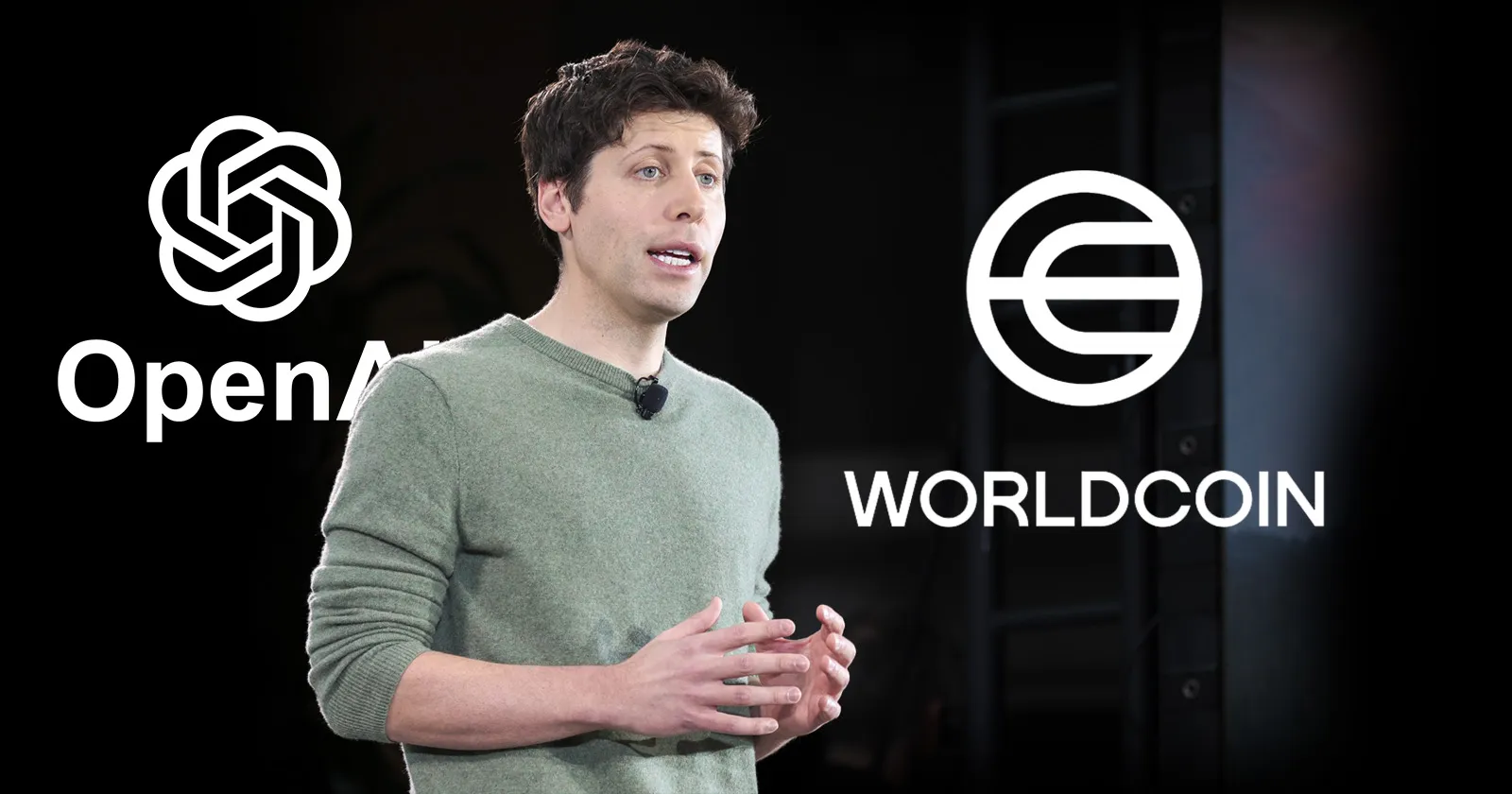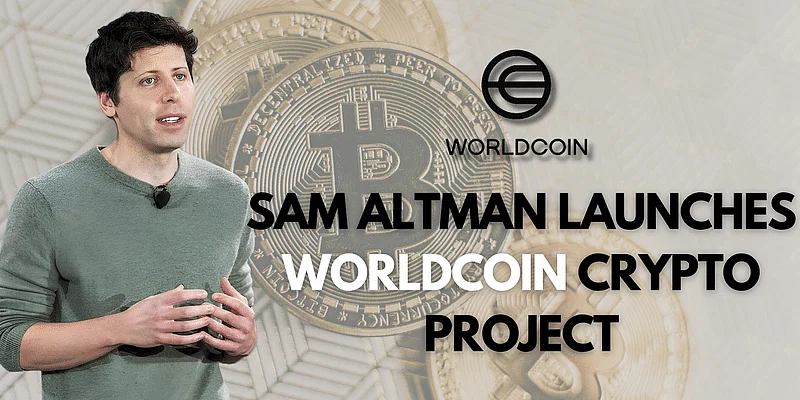Worldcoin is an open-source protocol, or system, created to help give everyone access to the global economy. It’s designed to be decentralized, meaning that ultimately its supervision and decision-making will rest with its community of users.
Sending cryptocurrency is a swift and straightforward process that has some key advantages over traditional banking methods. But what exactly makes them so quick and easy? The underlying blockchain technology and its decentralized architecture.
Because most blockchains are decentralized there are no intermediaries, unlike traditional banking.
Cryptocurrencies also have other features that make sending and receiving coins highly convenient. A few of these features include:
Potential Advantages of Cryptocurrency
-
Speed
The elimination of intermediaries allows cryptocurrency transactions to occur much faster than traditional banking methods, where the funds go through several intermediaries and approval processes before reaching the intended recipient’s address.
Cryptocurrency transactions don’t need to go through the same process. A peer-to-peer (P2P) network facilitates quick and efficient transactions at the tap of a button.
-
Potential Low cost
P2P networks enable transactions to travel directly from the sender to the receiver across the blockchain network. This removes much of the transaction and processing fees users normally pay through conventional methods. However, it’s important to note that the price of transactions is dependent on the network where transactions exist.
-
Borderlessness
Blockchains also allow borderless payments without transaction fees, so the sender can transfer coins to the receiver on the other side of the world without worrying about international processing fees and chargebacks. This is a large differentiator from fintech apps, such as Venmo and Paypal, which are more siloed.

The disadvantage of Cryptocurrency: Permanent transactions
With so many features, cryptocurrency transactions seem quite advantageous. However, it’s important to note that once you make a crypto transaction, it remains on the blockchain forever.
Cryptocurrency transactions can’t be altered or reversed. If you send your coins to the wrong person, you’ll likely not get them back unless they send them back to you. Although pseudonymous profiles will let you trace a transaction back to a user, you won’t be able to make contact with them.
Since most blockchains are decentralized, there are usually no regulatory bodies with jurisdiction when you have an issue to resolve. As a result, it’s essential to be careful with your funds in the first place.
How to protect against sending an incorrect transaction
A single digit or letter can result in an incorrect transaction. Without a way for anyone to reverse a transaction or recover lost funds for you, it’s essential to protect yourself and check the following before sending funds:
- Address: Ensure that you have the right address. Double-check the recipient’s name and save them as a beneficiary if you’ll send them future payments. Services like Ethereum Name Service (ENS) make transactions easier by simplifying complex, machine-readable data like speed phrases into easy-to-read addresses and vice versa.
- Amount: Some cryptocurrencies can be expensive, so you want to ensure you’re sending the exact amount you intend to. Check the amount a few times before sending it just to be extra sure.
- Cryptocurrency: Make sure you’re sending the recipient the correct cryptocurrency. If you hold multiple coins and tokens, you might mix up one with the other and end up sending the wrong digital currency.
How to send crypto: First get a crypto wallet
Cryptocurrency wallets function similarly to physical wallets. However, instead of keeping hard cash and debit cards, crypto wallets are used to store cryptocurrency. The interface offered by crypto wallets allows users to send and receive coins via a blockchain. They’re the first step to sending, receiving, and storing cryptocurrencies.
There are a few factors to consider when choosing a good crypto wallet, including:
- Cost: Most software, or hot wallets, are free. However, you may need to invest a little money if you want a hardware wallet, which is a wallet using physical technology, similar to a USB drive, to access your blockchain address and holdings.
- Security: Digital assets aren’t cheap, which is why you want to ensure your wallet is secure and reliable. Hardware and paper wallets are the safest, as they aren’t accessible remotely.
- Portability: Software wallets are the most popular option for those looking for portability. You just need to be connected to the Internet to access software wallets.
- Compatibility: Certain wallets can only support specific cryptocurrencies. You should check with the wallet to make sure it supports your cryptocurrencies.

Read also: Fuliza Ya Biashara; Safaricom Launches A New Product
What are addresses?
When you set up a crypto wallet, you’ll be allocated a blockchain or cryptocurrency address. A cryptocurrency address is a sequence of random characters that link to a crypto wallet. Some crypto addresses also take the form of QR codes. A crypto address resembles a physical address, email, or phone number, making it pseudonymous. Each crypto address is unique and shows a wallet’s location on the network.
Since crypto addresses often comprise lengthy, random sequences of characters and numbers, it becomes challenging for human perception. However, this makes them unique and perceptible for blockchains and algorithms. A sender’s wallet address needs to be compatible with a receiver’s address, as the two need to be on the same blockchain. For example, you cannot send bitcoins to a user with an Ethereum address.
Read also: Binance Announces Listing Of Sam Altman’s Worldcoin, Opens Deposits
Crypto addresses are shortened versions of public keys. Both are public addresses you can publicly share, like a bank account number if you wish to receive coins. However, never share your private key. Private keys are like passwords or PINs. Only you should have access to your own private key. All public keys link to private keys. A public key—or address—allows you to receive crypto, while a private key proves you own your public key. You should never share your private keys with anyone.
Network fees
Nodes help validate blockchain transactions between two parties. However, the blockchain must record the transaction somewhere. As a result, users must pay network fees, also called transaction fees, to cover the costs of the time and effort required for transaction validations.
Think of network fees as a kind of “tax” charged for crypto transactions. These taxes help fund the blockchain and its security to facilitate its smooth functioning.
Gas fees
Gas fees are network fees exclusive to the Ethereum blockchain. Ethereum uses its native cryptocurrency, ether, to run. Ether is essentially the fuel that powers Ethereum and all the activities on its network.
Users pay gas fees to the nodes that generate new blocks and validate cryptocurrency transactions. These nodes are called miners, who use advanced hardware, electricity, and sophisticated computational power to validate blocks on Ethereum’s blockchain. Miners receive gas fees in the form of ether. This process occurs due to Ethereum’s consensus mechanism called proof-of-stake (PoS).
Wrapping up
Sending cryptocurrency can be easy if done correctly. This means researching a crypto wallet provider, creating a crypto wallet, and protecting your address.

Participating in cryptocurrency transactions by using a reputable wallet provider with a positive record is essential. And remember, never share your private key!
How to Withdraw WorldCoin to Mpesa
- Open World App
- Tap the Dollar $ sign
- Tap Withdraw
- Select M-pesa
- Confirm
How to send World Coin to Binance.
- Open World App
- Tap the Dollar $ sign
- Tap Send
- Paste Optimism Address on the Search bar
- Enter amount
- Confirm transaction
- Hold to Send
[This article references Binance Website]
Remember to subscribe to our various social media networks for updates.





